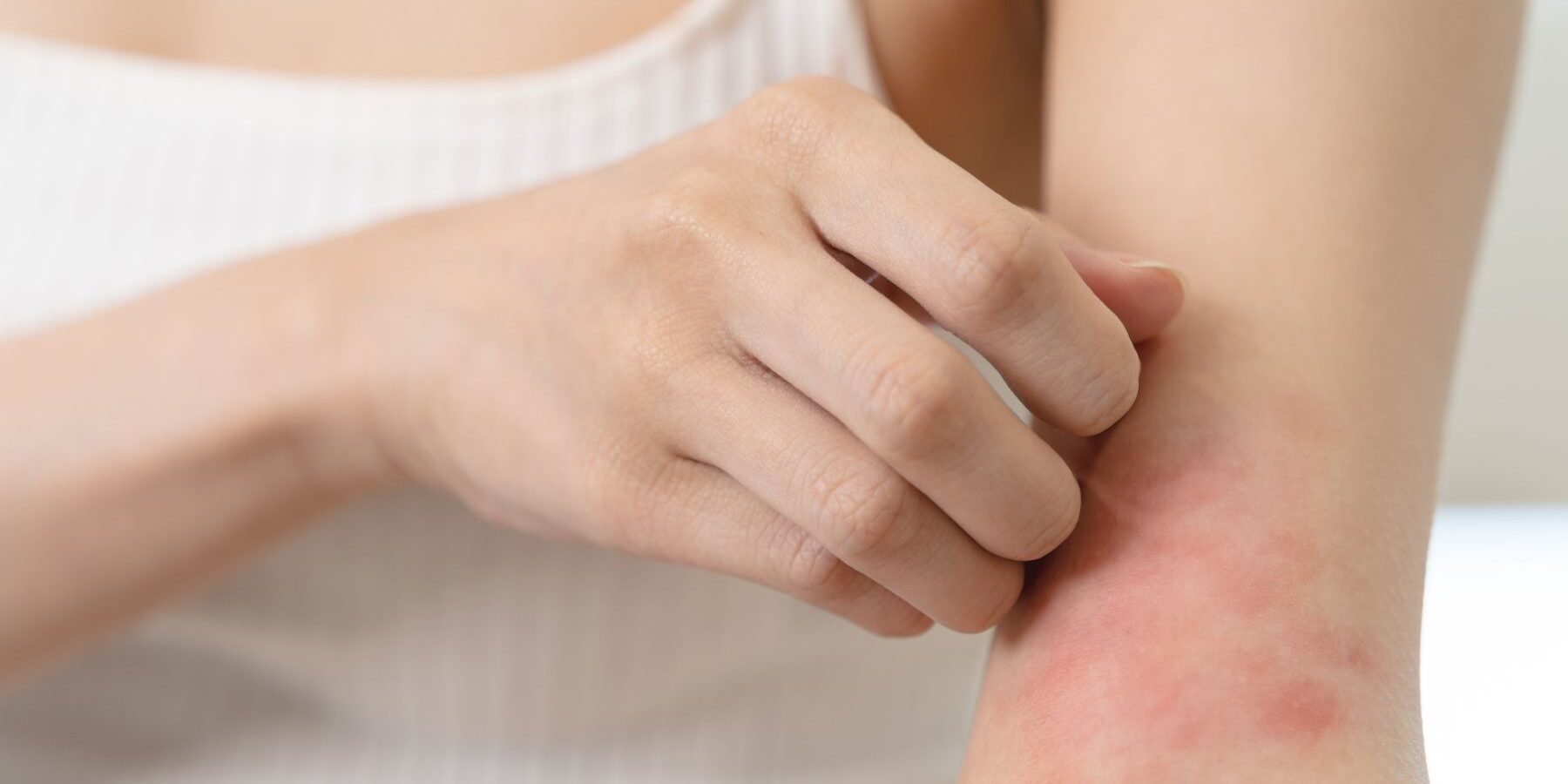Mr Vikram Talaulikar is an Associate Specialist at the Reproductive Medicine Unit in University College London Hospital NHS Trust and Hon. Associate Professor in Women’s Health at the University College London.
HRT (hormone replacement therapy) refers to replacement of oestrogen, progesterone and testosterone hormones for relief of menopausal symptoms. It continues to be the most effective treatment for debilitating menopausal symptoms such as hot flushes, night sweats, sleep disturbance, brain fogging, mood fluctuations and vaginal dryness.
The use of HRT plummeted towards the beginning of this century following publication of results of some of the large clinical trials which suggested an increased risk of stroke, cardiovascular disease and breast cancer associated with its use. Over the past decade, further research and reanalysis of the data from original studies have revealed that for the vast majority of women under the age of 60, the benefits of HRT outweigh any risks.
However, misconceptions and myths prevail regarding use of HRT, and this article looks at the research behind HRT to dispel some of the common myths about its use and side effects.
1. HRT causes weight gain
There is no evidence to support a direct link between HRT and weight gain. Women may gain weight in the middle years due to changes in their diet, physical activity patterns and lifestyle. A slowing metabolic rate and redistribution of body fat towards the middle may also contribute to this. A healthy diet and regular exercise are important to prevent such weight gain.
Some women may experience side effects of bloating and fluid retention on HRT, which can lead them to believe that they are putting on weight.
2. All forms of HRT cause breast cancer
This is one of the biggest fears associated with the use of HRT and a common reason for women to choose not to take it. HRT with oestrogen alone is not associated with increase in the risk of breast cancer. Oestrogen-only HRT can only be taken by women who have had a hysterectomy. Combined HRT (oestrogen + some form of progesterone) can be associated with a small increased risk (for women of average weight in developed countries, 5 years of HRT starting at age 50 years, would increase breast cancer incidence at ages 50–69 by about 1 in every 50 users), however this is related to treatment duration and reduces once HRT is stopped.
The risk appears to be lower with some types of progesterone (intrauterine system Mirena or natural progesterone Utrogestan) as compared to others. There are many other comparable risk factors for developing breast cancer such as being overweight, drinking 2-3 units of alcohol daily, smoking and undertaking little or no exercise.
There is no increased risk of breast cancer in women who take HRT under the age of 50 years (due to early or premature menopause). In these women, taking HRT simply replaces the hormones that body would otherwise produce until the age of the natural menopause and therefore does not carry the risks which are typically associated with use of HRT after the age of 50.
3. HRT has the risk of causing heart attack and stroke
HRT in any form does not increase the risk of heart disease if started before the age of 60 years. Taking combined HRT immediately after menopause for up to 10 years can actually reduce the risk of heart disease and dying from heart disease. There is a very small increased risk of stroke in women who take combined HRT, but this risk can be reduced by taking oestrogen through skin in the form of gels, patches or implants rather than oral tablets. The risk of stroke in women under 60 years is very low regardless of whether or not HRT is used.
4. All types of HRT can cause blood clots
Oral HRT can cause an increase in the likelihood of having a blood clot. This increased risk is very small and is higher in presence of other risk factors such as obesity or past episodes of blood clots. Maintaining healthy weight and taking oestrogen as either a gel, patch or an implant (through skin bypassing gut and liver) can effectively reduce the risk of blood clots.
5. If you need HRT you are beyond getting pregnant
HRT is mainly used for treatment of debilitating menopausal symptoms in women of all ages. In women who have had an early or premature menopause, HRT is also prescribed for prevention of osteoporosis and cardiovascular disease. However, HRT is not a contraceptive and young woman can conceive while taking HRT. Most national guidelines recommend that women who wish to avoid unwanted pregnancy while on HRT should continue to use some form of contraception until the age of 55 when loss of natural fertility can be assumed.
6. HRT delays the menopause
HRT is effective in treating the symptoms of menopause as it replaces the hormone/hormones which stop being produced in the body. HRT however does nothing to delay the decline in ovarian function. Any menopausal symptoms which women experience after stopping HRT are just the symptoms they would have anyway experienced even if they had never had HRT. In fact, when coming off HRT – it is advisable to reduce the dose of hormones and come off gradually to avoid oestrogen ‘withdrawal’ symptoms. Such symptoms, if at all they occur, are usually temporary and decrease quickly with time.
7. HRT carries the same risks as the pill
Although the pill and HRT both contain oestrogen and synthetic progesterone hormones, the hormones in HRT are less potent and in lower (more physiological) dose resulting in differences in side effects and risk profiles. Most pills contain a synthetic oestrogen compound – ethinyl oestradiol combined with synthetic progesterone which is usually a derivative of testosterone. Majority of HRT preparations combine natural oestrogen (17 beta oestradiol) with either a synthetic or natural progesterone. HRT is not contraindicated in women who suffer from migraines (patches, implants or gels preferred) and transdermal HRT preparations have a much lower risk of blood clots than the oral pill formulations.
8. Natural methods to treat menopausal symptoms are safer than HRT
Many women choose to take ‘natural’ or ‘bio-identical’ products to treat their menopausal symptoms however, these terms can be misleading or confusing. Many of the HRT compounds sold under these categories have often been custom-made by the individuals/clinics prescribing them and have not been subjected to the same level of rigorous scientific testing as the conventional regulated HRT preparations. Bio-identical HRT preparations (which are not part of regulated medical treatments) are not recommended for use by the British Menopause Society.
9. HRT cannot be prescribed until a woman stops her periods and her symptoms are unbearable
Many women will suffer from severe menopausal symptoms long before their last menstrual period (during perimenopause) and HRT can be safely prescribed to alleviate symptoms. HRT can also help even if the woman is having mild symptoms. In addition, there is increasing evidence that the earlier HRT is started, more are the benefits for protection from osteoporosis and heart disease.
10. Women need to have multiple tests to make sure they can take HRT or that they actually need it
Majority of women do not need any specific tests before HRT is prescribed. For some women, tests such as blood hormone profile, blood clotting screen or pelvic ultrasound may be needed based on their past medical history. It is recommended that blood pressure is regularly monitored while taking the HRT.
Further reading
Search treatments & services A-Z
Search for a specific treatment or service.


